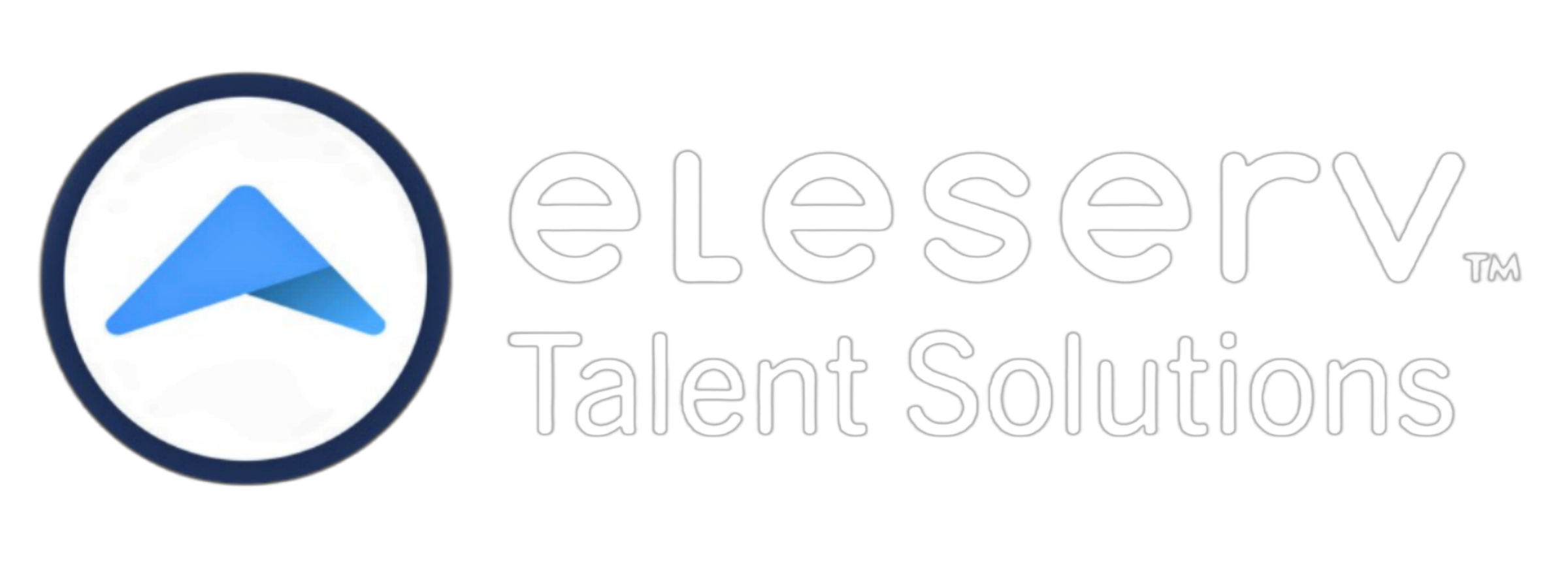Lead Smarter: Traits the Best Managers Know About Their Sales Teams
Hiring and managing high-performing sales talent is more than a numbers game. It’s about understanding who your salespeople are beneath the surface — their strengths, behaviors, thinking patterns, and motivations.
With tools like PXT Select, you can unlock this insight and align each rep with the conditions they need to succeed. Let’s explore the seven essential things you need to know about your sales team, and how they connect to measurable PXT traits.
1. Thinking Style: How They Process and Solve Problems
Salespeople often face complex problems, from identifying customers’ pain points to adapting pitches on the fly. Knowing how they think, absorb information, and making decisions can make or break a deal.
According to CSO Insights, sales reps spend 21% of their time researching and planning — tasks that require high verbal and numerical reasoning.
PXT Trait Tie-In: Thinking Style includes the Learning Index, Verbal Ability, and Numerical Ability — which gauge how quickly a rep can grasp new concepts, understand data, and communicate insights clearly.
Reps with higher learning agility can adapt to new products or industries faster, reducing ramp-up time and improving ROI on hiring.
2. Communication Style: How They Speak and Listen
Communication isn’t about talking — it’s about listening, adapting tone, and translating features into value. Sales success hinges on tailoring the message to the audience.
Research from Salesforce shows that 92% of customer interactions happen over the phone or online, where clear, concise verbal communication is critical.
PXT Trait Tie-In: Verbal Skills and Verbal Reasoning reveal how well a rep can articulate value propositions and comprehend client needs.
A strong communicator doesn’t just pitch — they connect. And in an era of remote selling, this skill is more essential than ever.
3. Behavioral Traits: What Drives Their Day-to-Day Actions
Every salesperson brings a unique personality to the role — some are competitive and fast-paced, while others are steady and consultative. Understanding these natural behaviors helps you align them with the right sales strategies.
Gallup reports that companies that focus on strength-based development experience up to 29% increased profit.
PXT Trait Tie-In: Behavioral Traits such as Pace, Assertiveness, Sociability, Conformity, and Decisiveness define how reps act under pressure, build relationships, and handle rejection.
For example, a highly assertive and fast-paced rep may thrive in transactional sales, while a more patient and reserved individual might excel in long sales cycles with technical buyers.
4. Motivation Triggers: What Keeps Them Engaged
No two reps are driven by the same rewards. Some crave financial incentives, others seek recognition, purpose, or autonomy. Knowing what fuels each person allows you to build targeted incentive programs that retain top talent.
According to a LinkedIn Talent Solutions report, 73% of professionals say they’re more likely to stay at a company that offers purpose-driven work.
PXT Trait Tie-In: The Interests section highlights what activities your reps enjoy — from Enterprising and Financial/Admin to People Service and Mechanical — which can shape job satisfaction and engagement.
Understanding what lights your team up allows you to motivate authentically, not just with commission checks.
5. Resilience and Adaptability: How They Manage Setbacks
Sales are full of rejection. Top performers don’t just close well — they bounce back fast. Understanding a rep’s emotional toughness and pace under stress can guide coaching and avoid burnout.
Studies show that sales reps experience an average of 6–8 “no’s” before getting a “yes.” Mental resilience is not optional — it's essential.
PXT Trait Tie-In: Traits like Emotional Toughness, Pace, and Independence indicate how a person manages obstacles and adjusts to change
Knowing which reps need more support and which ones thrive in chaos lets you lead proactively, not reactively.
6. Natural Fit for the Role: Do Their Traits Align with Sales?
Not everyone is cut out for sales — and that’s okay. But putting someone in a role they are not wired for leads to poor performance and high turnover. The key is role alignment.
The Harvard Business Review reports that 80% of sales turnover happens due to hiring the wrong person, not poor training.
PXT Trait Tie-In: Performance Models compare your candidates or employees against proven benchmarks for success in specific sales roles — such as Hunter, Consultative Seller, or Account Manager.
This ensures your hiring is strategic, not just hopeful and that you’re setting each person up for long-term success.
7. Development Path: Where They’re Headed Next
Sales aren’t static. Today’s SDR is tomorrow’s AE or Sales Manager. Understanding strengths and blind spots helps you craft development plans that keep talent growing — and staying.
Clear career paths can improve employee engagement by up to 70%, according to SHRM.
PXT Trait Tie-In: The Coaching and Individual Feedback Reports offer personalized guidance to help reps build strengths, work through challenges, and grow within your organization.
When people see their future with you, they stay. And thrive.
Sales Success Starts with Self-Awareness
The best sales organizations don’t just measure KPIs — they measure people. With PXT Select, you gain the insights you need to hire smarter, coach better, and lead your team with intention.
Want to explore how PXT Select can transform your sales hiring and development strategy? Let’s connect.


